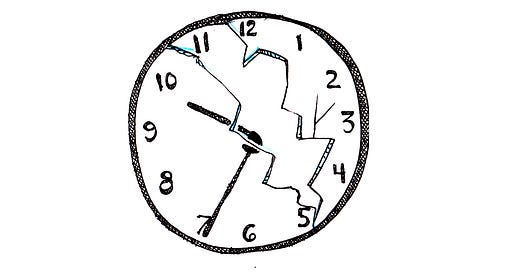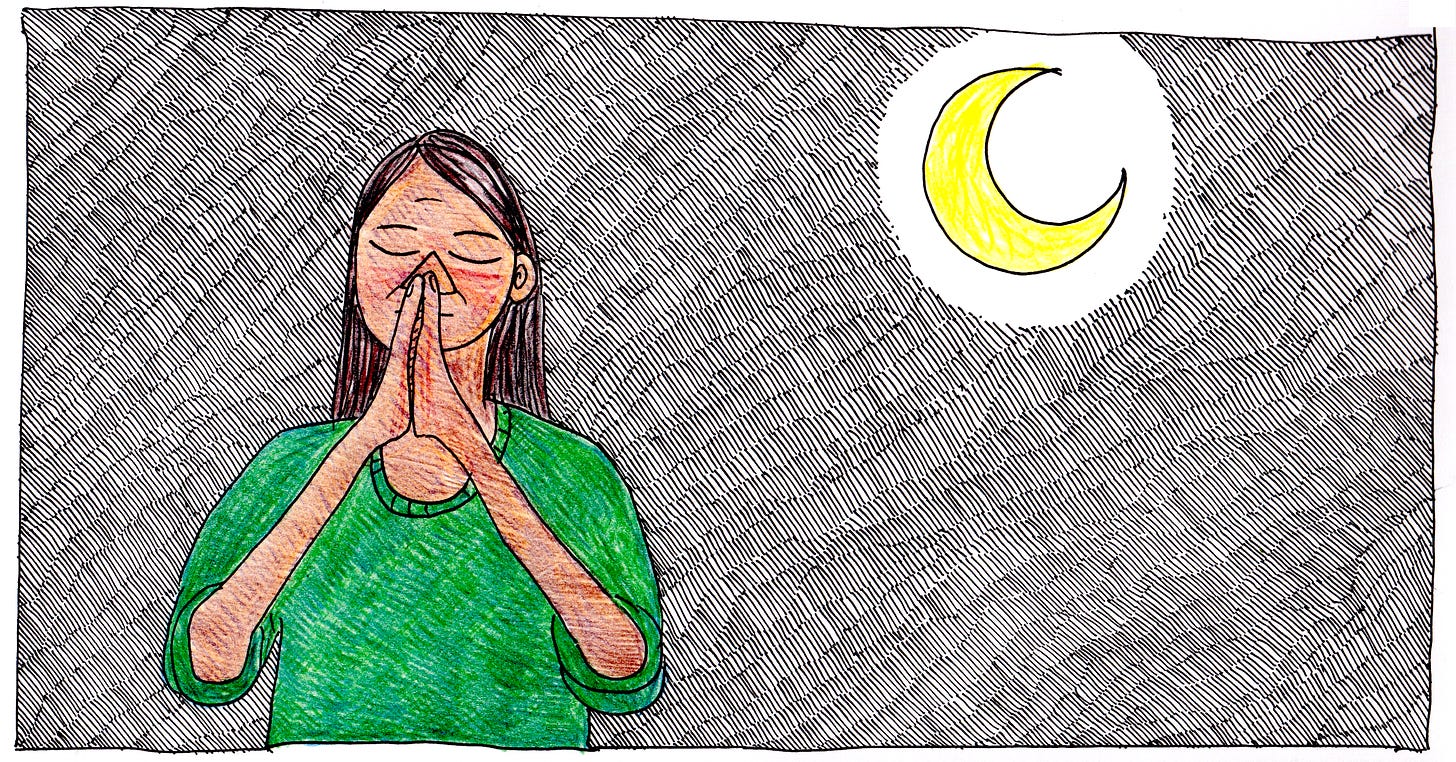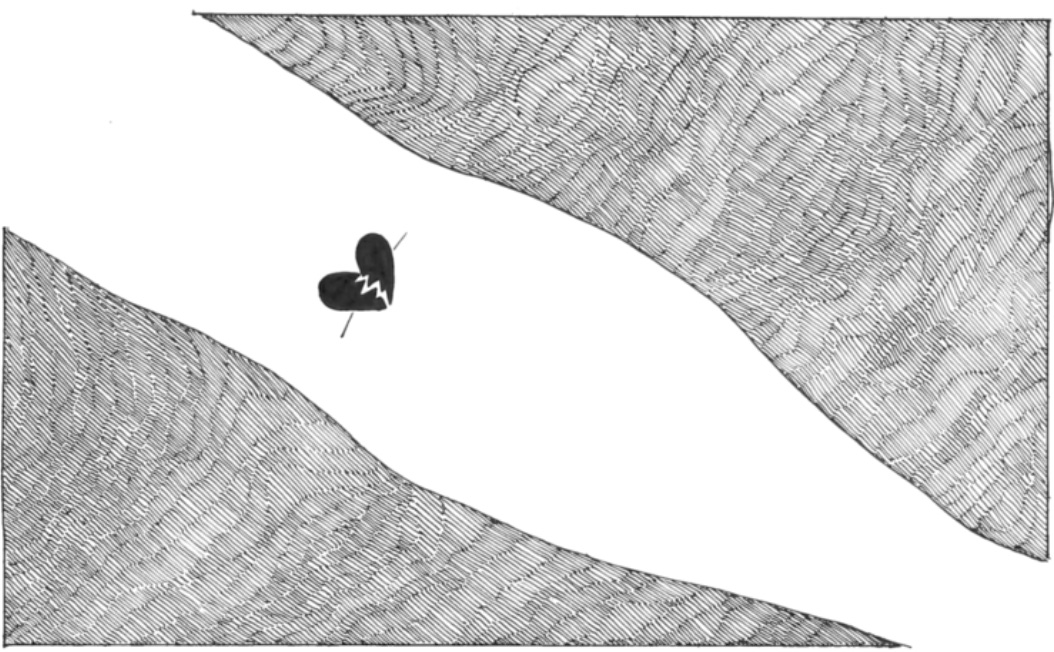Time Will Say Nothing But I Told You So
Just a reminder. Auden. New prayers for the disaffected. New pod with a Swamp Dogg hidden track.
I have noticed a few articles or observations on various social media platforms about people's over-drinking plans for Tuesday night and beyond (pending the outcome). It appears that for some potentially disappointed Americans, "getting galactically shitfaced" is the new "moving to Canada."
I get it, though. I have toyed with those end-of-the-world scenarios. If I have, let's say, six months to live, will I awaken each morning with a gleam in my eye right before I enjoy Hunter S. Thompson's "Breakfast of Champions" on some sunny balcony until a couple of linebacker-sized hospice nurses drag me away? Maybe. Doubtful, though. I think I'd stay clean on the way out.
I know a few people who fell off during the 2020 pandemic. Three people from my old home group died within the year, either by overdosing or from some other calculated misadventure. But it also should be noted that I know more people who found sobriety during that time–when stay-at-home policies were in full effect, sirens were blaring, and people banged pans every night before dinner. It's pretty astonishing and inspiring to think about. What a time to choose clarity and to stay alive.
Like you, I don't know what will happen next week or next year, but I'm adequately steeled, having, several months ago, formulated a plan to put recovery first, no matter what. I spoke a little bit about how to navigate uncertainty and undesired outcomes in the essay I wrote last July for my 8-year-anniversary:
I needed to focus on trying to be a better human—the more emotionally sober version of me—and to achieve that, I had to make better choices with my time. The following day, I began the earliest version of what has since become my regular routine.
One of the earliest books I dove into was Pema Chödrön's When Things Fall Apart, paying particular attention to the chapter titled "Hopelessness and Death," which spelled out to me why the current shithole was swallowing me alive. According to Pema, hopelessness was a valuable tool in working through life's inevitable horrors—the realization that those horrors will happen to all of us—and therefore, it is our responsibility to take whatever comes head-on. Because most of us, it turns out, are too addicted to hope.
"A society based on lots of people addicted to getting ground under their feet is not a very compassionate place."
I like being sober. I also love being sober through hard shit because I also love to cut scratches into my skin. So, not relapsing through life's constant hurts and humiliations gives me back some of that perfect pain.
So look—here's an overused idea some of you have heard one too many times: you don't have to drink over it.
And it's not just drinking for me: I don't have to eat sixty cookies over it, buy several boxes of baseball cards over it, or stay up rewatching the goriest Breaking Bad episodes over it. I can enjoy the discomfort like some regular old asshole in an ice bath.
Whatever happens next week, my job (and yours, if we're playing this game) is to rescue compassion. Let's start there.
After the Wall, we have our weekly rundown. Please pay for a subscription if you can:
(But email me if you can't, and I’ll give you a free one for the year.)
It's going to be okay.
Keep reading with a 7-day free trial
Subscribe to The Small Bow to keep reading this post and get 7 days of free access to the full post archives.





